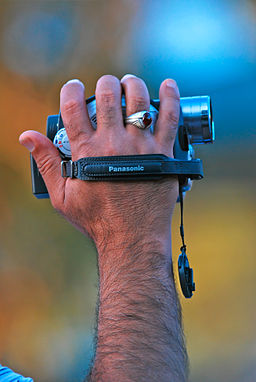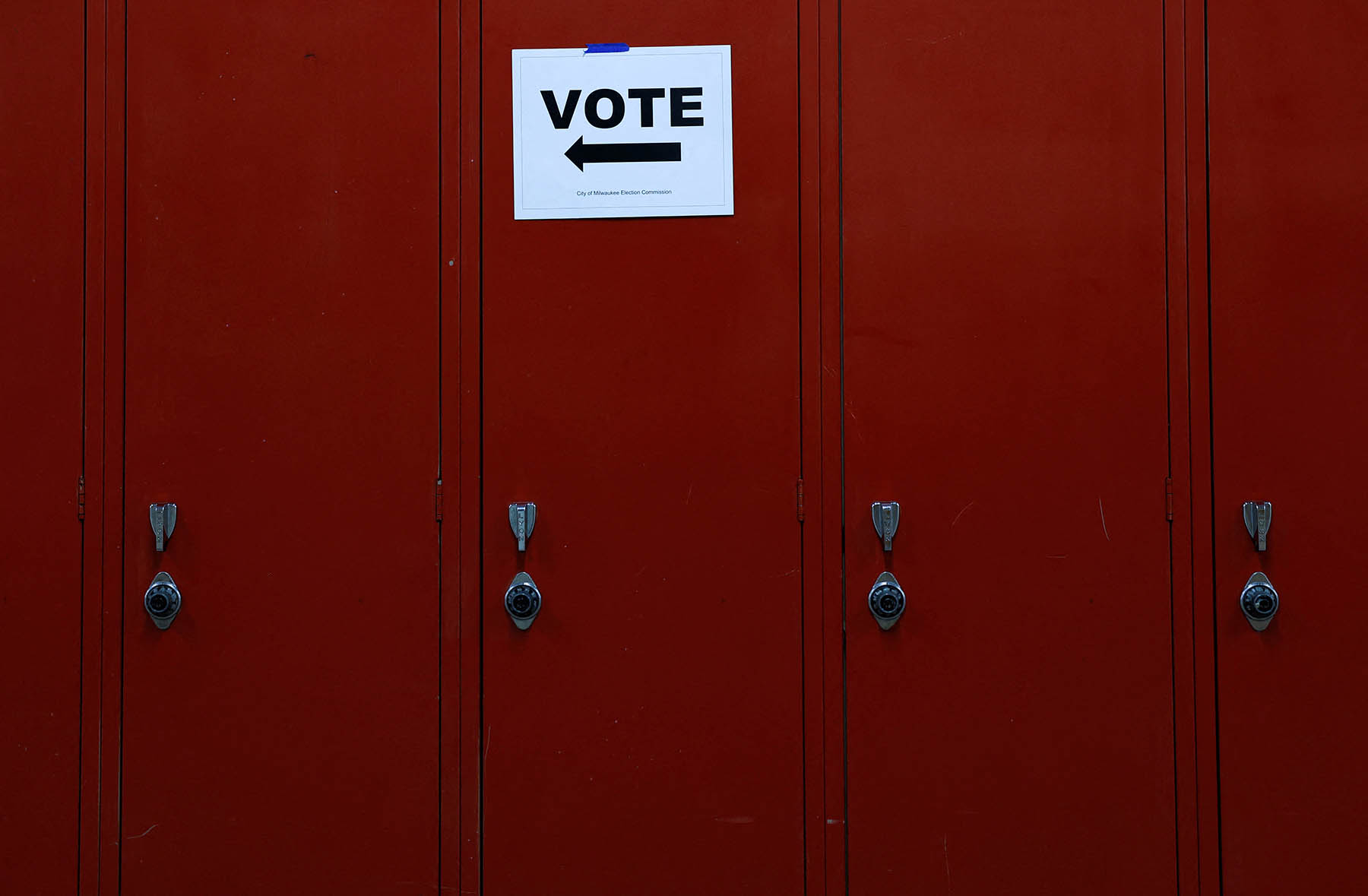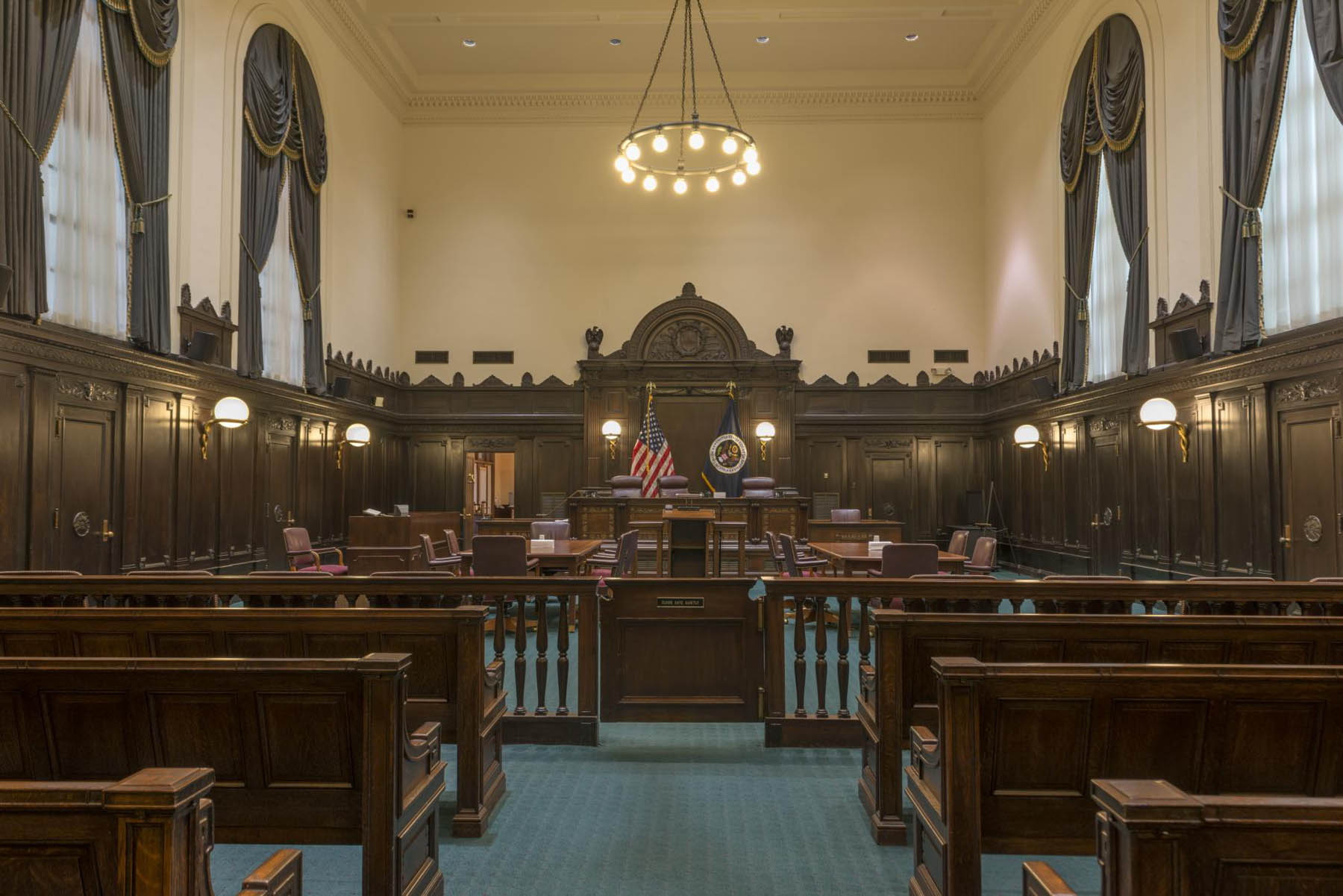Update
On September 2nd, the U.S. District Court for the District of Minnesota ruled that a Bloomington, MN city ordinance banning photography and video recording in a public park violates the First Amendment.
The Eighth Circuit characterized resident Sally Ness’s photography and video recording as speech. As such, the court wrote that the “acts of taking photographs and recording videos are entitled to First Amendment protection because they are an important stage of the speech process that ends with the dissemination of information.”
The City of Bloomington, Minnesota is being sued over a recently enacted city ordinance that prohibits filming children in public parks without their parents’ permission.
Bloomington resident Sally Ness filed a suit in the United States District Court for the District of Minnesota on November 11th, arguing that the ordinance violates her First Amendment right to film in public spaces.
Ness lives near Dar Al Farroq mosque, and has been a vocal critic of the goings on at the mosque. In 2016, she and other neighborhood residents petitioned the city to address traffic congestion, and noise violations allegedly caused by the congregation and the students of its charter school, Success Academy.
According to the complaint, Ness began filming Dar Al Farroq specifically to document how the charter school has overtaken the public park. “The City has refused to address neighborhood concerns regarding the number of times per day or students per session that the Success Academy may appropriate this City park for its recesses, rendering the park essentially unavailable to the general public, including Plaintiff Ness and her grandchildren,” the complaint reads.
Members of the mosque, however, felt threatened by Ness’s filming. Recently, a right-wing group called Third Rail Talk posted videos taken from outside of the mosque on YouTube, according to MPR News. The videos purportedly portray the mosque and it’s congregants as dangerous because the building violates city code.
In order to protect the school children from feeling harassed or intimidated, the city of Bloomington amended the ordinance for all public parks to say “no person shall intentionally take a photograph or otherwise record a child without the consent of the child’s parent or guardian.”
Prohibiting people from filming in a public park is clearly a violation of the First Amendment, Jane Kirtley, a media ethics and law professor at the University of Minnesota, told MPR.
“People of good will see a problem. They see what they view as bad conduct that is upsetting people or making them feel marginalized or making people feel threatened,” she said. “But this is not the constitutional way to address this problem because it’s way too broad in terms of its prohibition.”
A federal court hearing has been scheduled for early January.
Tags




